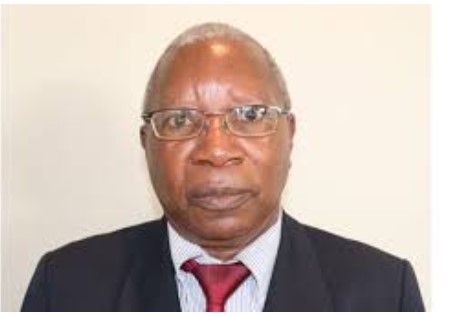Staff Writer
The Insurance and Pensions Commission (IPEC) says it has come up with an administrative framework for offshore investments which seeks to streamline the approval process for offshore investments by pension funds.
In this regard, a tripartite committee which is chaired by Ipec is now in place, and the regulator will be responsible for approving offshore investments.
In 2022, Ipec introduced a regulation permitting pension funds to invest up to 15% of their portfolios in offshore assets to enhance diversification, mitigate local economic risks, and potentially improve returns for pensioners.
However, fewer pension funds have taken advantage of the initiative.
Speaking at a symposium and cocktail event hosted by CFA Society South Africa, IPAZ, and ZAPF, Ipec board chairperson Albert Nduna said the committee comprises IPEC, SECZIM, and RBZ Exchange Control.
This comes amid concerted calls for collaboration between various stakeholders in the market.
“We need to manage the risk of concentrated investments in the traditional asset classes. Similarly, there is a need for collaboration of our sector with local asset managers, stock brokers, pension funds, and administrators in facilitating offshore investments. As the regulator, we have come up with an administrative framework for offshore investments, which will be issued to the market in due course,” he said.
“It seeks to streamline the approval process for offshore investments by pension funds. In this regard, a tripartite committee comprising IPEC, SECSIM, and RRBZ Exchange Control has been set up. The committee, which is chaired by IPEC, is now responsible for approving offshore investments.”

IPEC BOARD chairman Albert Nduna
Nduna said RBZ will facilitate the disbursement through the authorised dealers. Among the areas that require concerted efforts, Nduna said they included net asset creation and new asset creation.
He called for continued collaboration between the capital market players, the banking sector, and the pension industry in developing new asset classes that meet the investment needs of our sector.
He added that particularly those that ensured value preservation and value creation.
Nduna also called for a shift from the traditional asset-under-management basis for remuneration, saying this was important because of the uniqueness of Zimbabwe’s operating environment, where assets can double or triple in a quarter due to inflation.
“If we maintain this basis for remuneration of asset managers, as assets under management, we will continue witnessing a situation where all rental income is going towards asset management fees. The same applies to land banks and some non-performing private equity. Hence, we reiterate our call for the need to strike a balance between remunerating asset managers and protecting trust assets in pension funds,” he said.
To this end, he said through collaborative solutions between capital markets players and the insurance and pension industry, the industry can come up with a win-win solution to the current challenges.
The symposium was held under the theme: Collaborative Solutions for Pension Funds in Zimbabwe.






